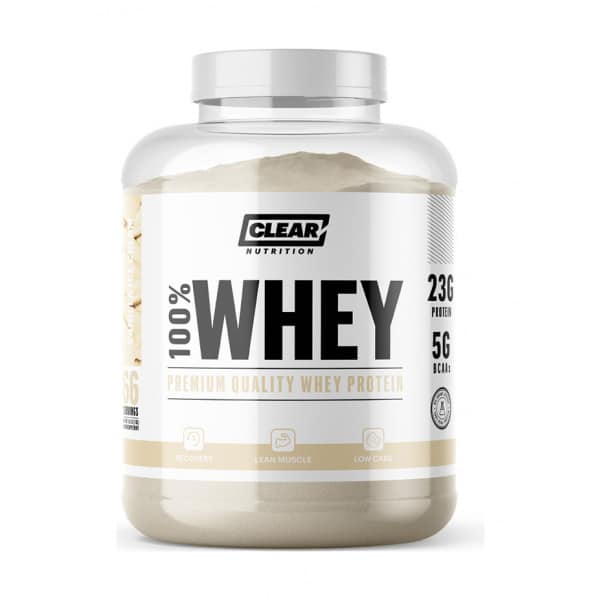

Best, Haley Gula, Divyasha Saxena, Jon D.

Supports Intel ® Core i7 and Xeon ® 22-Core Processors Family for the LGA 2011-3 Socket. Gabbard, … Show All …, Shao-Nong Chen, Takashi Ohtsuki, John Brent Friesen, Nir Drayman, Adil Mohamed, Christopher Dann, Diane Silva, Lydia Robinson-Mailman, Andrea Valdespino, Letícia Stock, Eva Suárez, Krysten A. - Ultra Dual-N MOSFET (UDM) - Nichicon 12K Platinum Caps. Meltzer, Glenn Randall, and Marsha Rich Rosner Show Fewer Palmer, The National COVID Cohort Collaborative Consortium, David O. The spread of severe acute respiratory syndrome coronavirus 2 (SARS-CoV-2) and ongoing coronavirus disease 2019 (COVID-19) pandemic underscores the need for new treatments.

Here, we report that cannabidiol (CBD) inhibits infection of SARS-CoV-2 in cells and mice. CBD and its metabolite 7-OH-CBD, but not THC or other congeneric cannabinoids tested, potently block SARS-CoV-2 replication in lung epithelial cells. CBD acts after viral entry, inhibiting viral gene expression and reversing many effects of SARS-CoV-2 on host gene transcription. In matched groups of human patients from the National COVID Cohort Collaborative, CBD (100 mg/ml oral solution per medical records) had a significant negative association with positive SARS-CoV-2 tests.ĬBD inhibits SARS-CoV-2 replication in part by up-regulating the host IRE1α ribonuclease endoplasmic reticulum (ER) stress response and interferon signaling pathways. This study highlights CBD as a potential preventative agent for early-stage SARS-CoV-2 infection and merits future clinical trials. We caution against current use of non-medical formulations as a preventative or treatment therapy. SARS-CoV-2 is a positive-sense single-stranded RNA enveloped virus composed of a lipid bilayer and four structural proteins that drive viral particle formation.


 0 kommentar(er)
0 kommentar(er)
